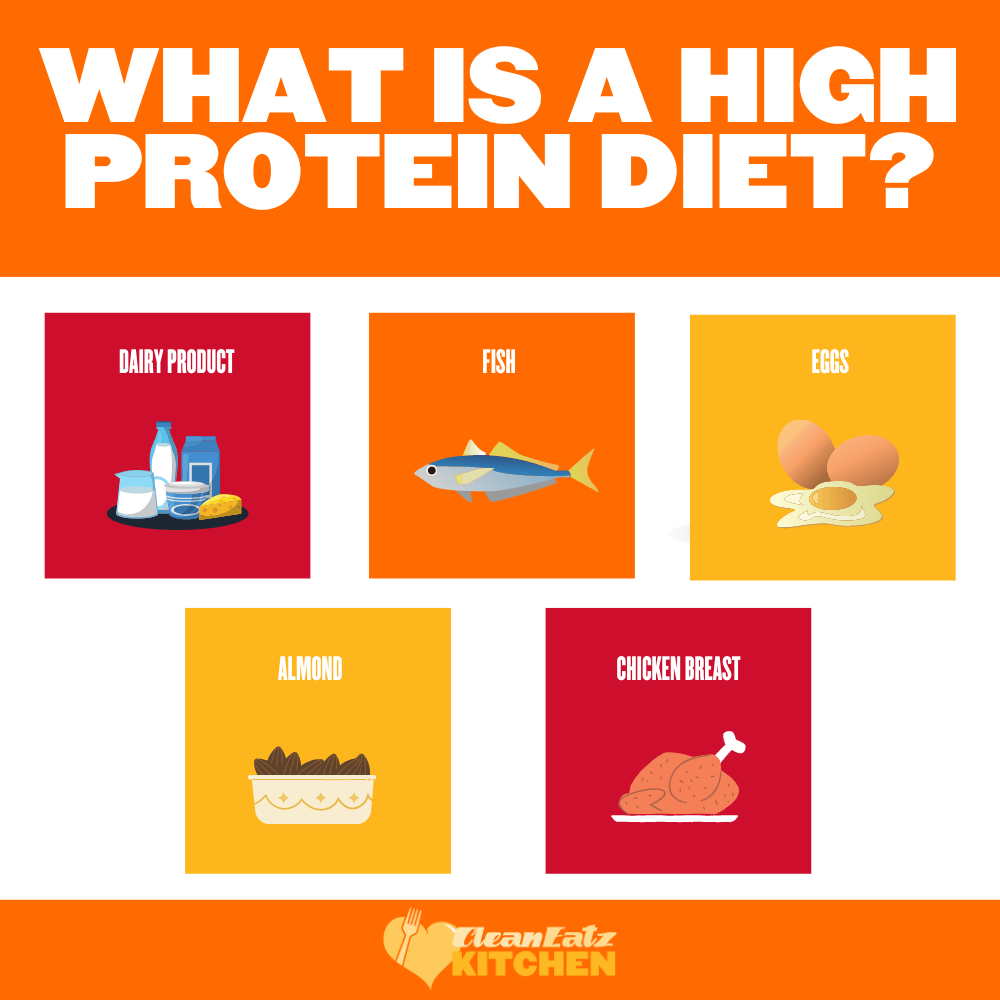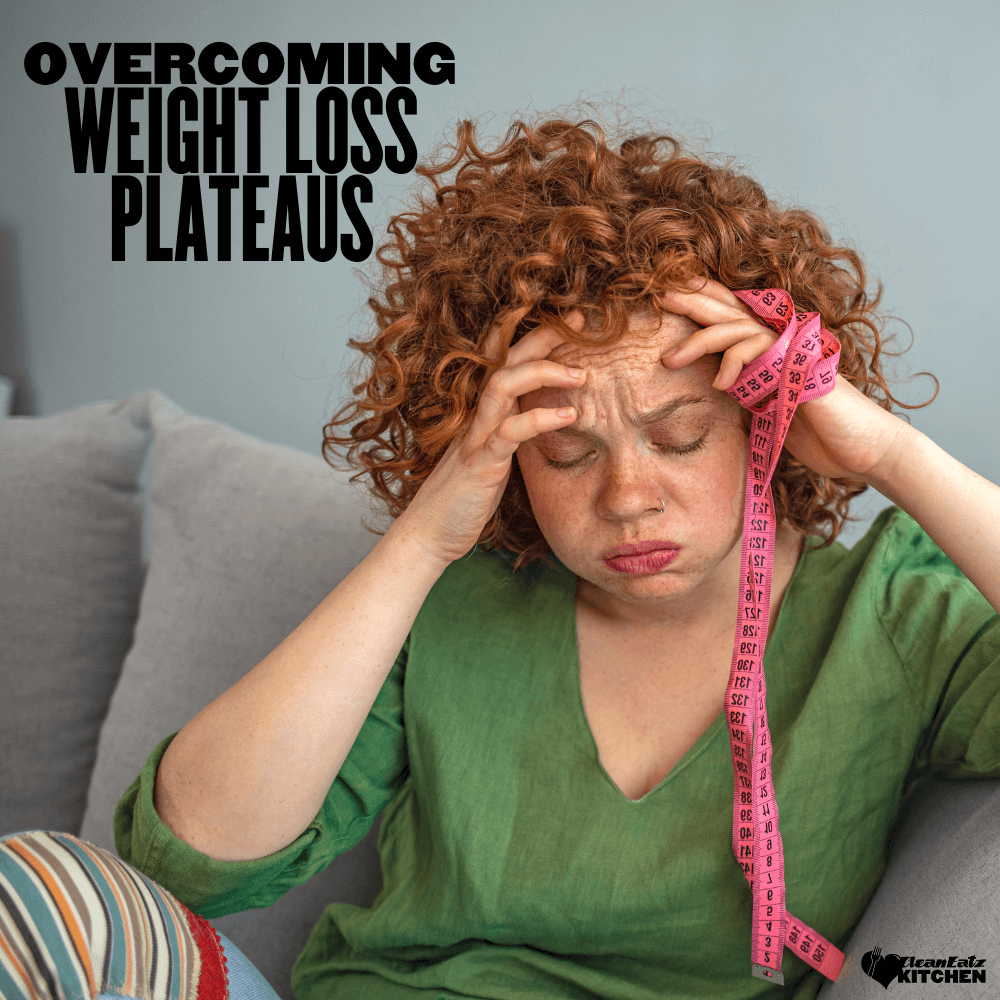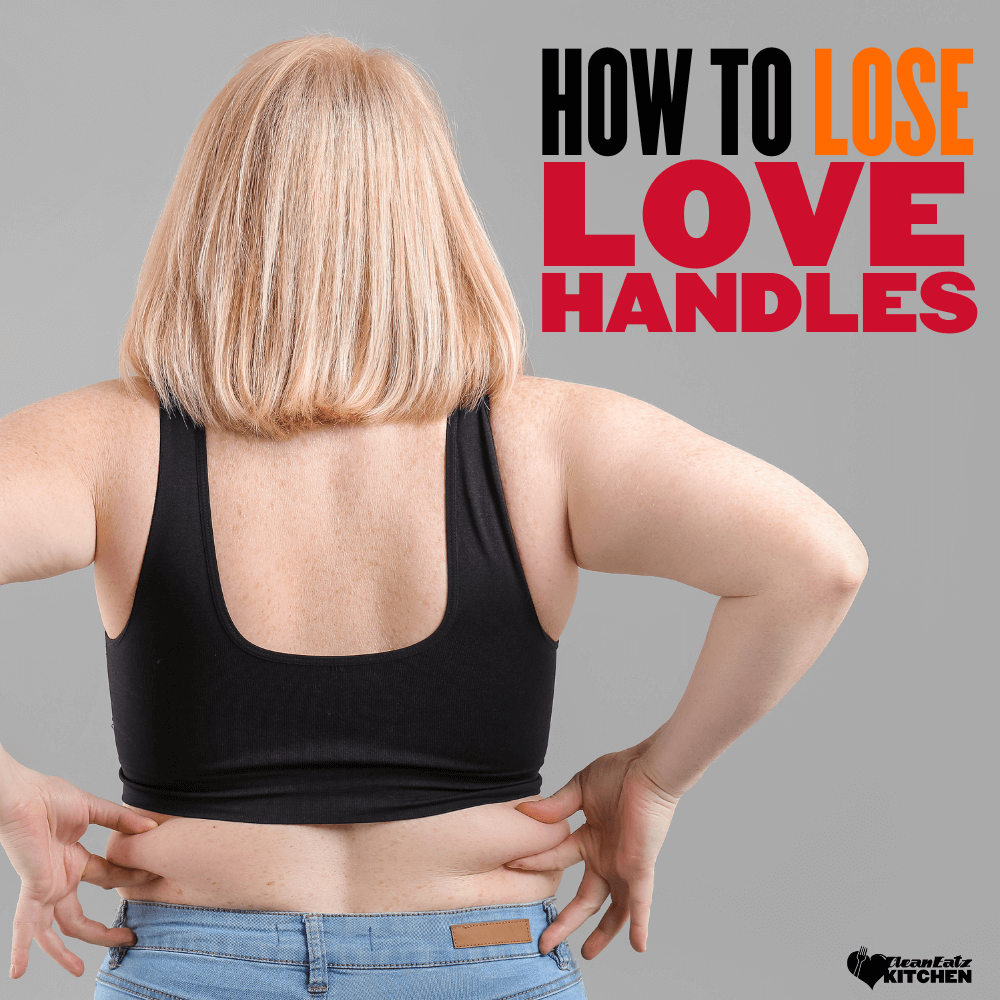
Is Protein Powder Good for Weight Loss?
Nutrition
|
Healthy Recipes
|
Weight Loss
|
Healthy Lifestyle
8 minute read
You may have encountered various fad diets and weight loss products in your fitness journey. You then wonder which ones are worth a try. Then, you heard about protein powders. Are they worth the try? Is protein powder good for weight loss?
In this article, you’ll get to know more about the following:
- Protein powder and its types
- Protein powder's role in weight loss
- How do protein powders work?
- How to use protein powders for weight loss?
What Is Protein Powder?
Protein powder is a dietary supplement that provides a concentrated source of protein in powdered form. It is typically made from various protein sources such as whey, casein, soy, or plant-based proteins like pea or hemp. The process of protein isolation removes other nutrients such as carbohydrates, fats, minerals, and fiber from the finished product.
Protein powder is popular among athletes and bodybuilders looking to increase their protein intake, support muscle recovery, and growth, and meet their nutritional needs. It is available in a variety of flavors and can be mixed with water, milk, or blended into smoothies and recipes for convenient consumption.
What Are The Different Types of Protein Powder?
Protein powder comes in various types to cater to different dietary preferences and needs. There are several different types available on the market.
Some common types include:
Animal protein powders
Animal protein powders are derived from animal sources and provide a concentrated form of protein. Common animal-based protein powders include whey protein, casein protein, and collagen protein.
Whey protein: Processed from cow’s milk, whey is known for its role in building muscle and helping the body recover following strenuous exercise.
Casein protein: Also extracted from the same source as whey, casein makes up 80% of cow’s milk. Compared with whey, casein is digested more slowly and is ideal for consumption before fasting states such as sleeping.
Collagen protein: Sourced from animal connective tissues, collagen protein is rich in amino acids like glycine, proline, and hydroxyproline. It is known for its potential benefits for joint health, skin elasticity, and hair and nail strength.
Plant-based protein powder
Plant-based protein powders are derived from plant sources and offer a vegan-friendly alternative to animal-based protein powders. Common plant-based protein powders include soy, pea, hemp, rice, and pumpkin seed protein.
Soy protein: Soy protein is another excellent source of EAAs and is known for many health benefits, such as protection against CVDs and some types of cancers. Research also suggests its role in weight loss.
Pea protein: Made from yellow split peas, this protein powder is packed with essential amino acids (EAA) and minerals. It is beneficial for building muscle, weight loss, and protection from cardiovascular diseases (CVD).
Hemp protein: This plant protein is derived from the seeds of a cannabis plant called hemp, which is high in protein. Once the shells are removed, hemp seeds can be eaten whole or ground into a powder.
Brown rice protein: Brown rice powder is rich in EAAs and branched-chain amino acids. It is known to help lower lipid levels and speeds up metabolism.
Pumpkin seed protein: It is derived from pumpkin seeds and offers a nutrient-dense protein source. It is rich in antioxidants, vitamins, and minerals, making it a beneficial addition to a plant-based diet.
These are just a few examples of the different types of protein powder available. It's important to choose a protein powder that aligns with your dietary needs, preferences, and fitness goals.
Is Protein Powder Good For Weight Loss?
Protein foods, in general, contribute to satiety which is why these are commonly recommended by nutritionists to be included in weight loss meal plan. Individuals with weight goals can benefit from the use of protein powder to help shed some extra pounds.
A review of various studies shows how whey protein powder can improve the body weight of obese and overweight individuals. Similarly, a study placing individuals on a calorie-reduced diet supplemented with protein powder reduced fat mass while maintaining lean muscle mass.
However, overusing protein powder can result in adverse health consequences such as weight gain and kidney problems.
How Does Protein Powder Work?
Protein powder works by providing a concentrated source of protein, which is an essential macronutrient for various physiological processes in the body. When consumed, protein powder is broken down into amino acids, which are the building blocks of protein.
These are the main benefits protein powder has:
It Controls Appetite
A meta-analysis showed that high-protein meals promote satiety. It was also revealed that adequate protein in the diet can help control blood sugar levels post meals. In addition, protein intake helps regulate ghrelin, a hormone responsible for signaling the body when it is time to eat. You may think of it as a “hunger hormone.”
If your intake of natural protein sources is lacking, consuming protein powders can help suppress your appetite. These can help you control your caloric intake and curb those unhealthy food cravings that only lead to weight gain.
It Builds Muscles
The goal of healthy weight loss is losing only the excess fats in the body and not the muscle. A scientific review points out how whey protein powder improves body weight while preserving lean muscle mass. This could be beneficial for obese and overweight individuals looking for a way to healthily lose weight.
A systematic review further supports the role of protein powders in increasing muscle gains and improving muscle strength among individuals doing resistance training. The older population can also benefit from protein powders, as suggested by studies. The elderly have increased protein needs, poor intake of food, and little physical activity. Thus, protein supplementation can help them prevent muscle loss.
It Speeds Up Metabolism
There is a reason why protein is coined as an “expensive nutrient.” Compared with carbohydrates, protein takes much more time to digest and uses more energy to be broken down into amino acids.
Protein boosts the thermic effect of food. This refers to the calories burned during the process of food digestion. The more calories are burned, the higher the calorie deficit. When more calories are expended than consumed, weight loss is sure to follow. Consuming protein powder can help speed up metabolism and help one lose weight.
How To Use Protein Powder For Weight Loss
The best time to consume protein supplements depends on one’s health goals and lifestyle. For those aiming to lose weight, consuming protein drinks in the morning is recommended. A study showed that consuming whey protein before breakfast helps decrease caloric intake during lunch meals among the younger population.
Similarly, protein powder can also be used as a healthy snack alternative. Researchers suggest that high-protein snacks can promote satiety and prevent the consumption of heavy meals, therefore, reducing caloric intake. For those with goals of building muscle, it is good to consume protein beverages before or after a workout.
Final Thoughts
So, is protein powder good for weight loss? You can try protein powders and add them to your weight-loss diet regimen. You can choose from many types of protein powder, depending on your preference. As backed up by science, protein powder can be used for weight loss by controlling the appetite, building muscle, and speeding up the metabolism. You may consider consulting a nutritionist-dietitian for the best time for you to consume protein supplements.
FAQ
What to mix protein powder with for weight loss?
For weight loss, you can mix protein powder with water, unsweetened almond milk, or low-fat dairy milk. Avoid adding high-calorie ingredients like sugary juices or excessive amounts of fruits. You can also blend it into smoothies with low-calorie fruits and vegetables for added nutrition.
How to take protein powder for weight loss?
To take protein powder for weight loss, you can consume it as a standalone shake or incorporate it into meals and snacks. It can be consumed before or after workouts to support muscle recovery and satiety. Additionally, replacing high-calorie snacks or desserts with a protein powder-based option can help manage calorie intake and support weight loss efforts.
How to choose protein powder for weight loss?
When choosing protein powder for weight loss, opt for a low-calorie and low-sugar option. Look for protein powders with minimal additives or artificial ingredients. Consider your dietary restrictions and preferences, such as vegan or dairy-free options. Whey protein, pea protein, and soy protein are popular choices for weight loss.
How to make protein powder at home for weight loss?
Making protein powder at home can be quite challenging because it requires specialized equipment and processes. However, you can make homemade protein shakes by blending ingredients like Greek yogurt, tofu, or cottage cheese with fruits and vegetables. While this won't create a powdered form, it can still provide a protein-rich option for weight loss.
Related Articles
What is a High Protein Diet?
6 minute read
Overcoming Weight Loss Plateaus
10 minute read



